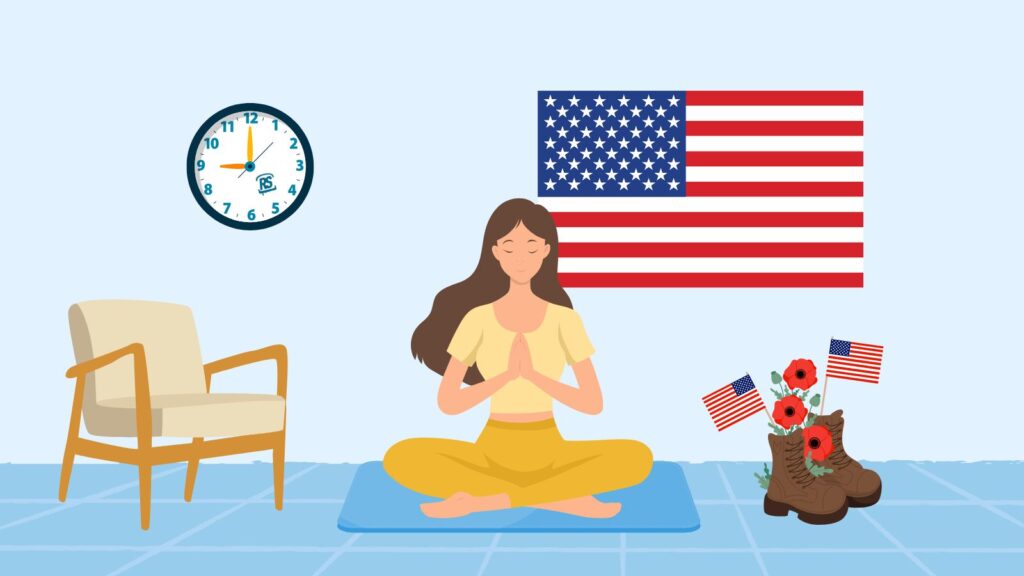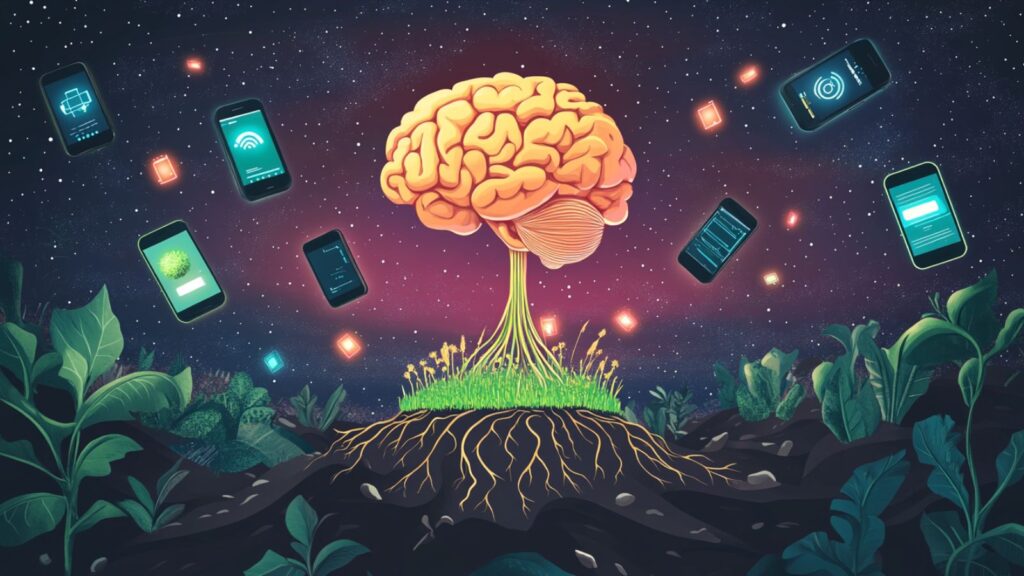For many, road trips are the ultimate adventurous activity to practice and a bucket list point to cross off. Not only are they easy to organize, but they are also not limited to constrictions normally imposed when traveling by plane or train. Although road trips are relatively accessible and exciting to plan, they can also quickly become exhausting if not organized properly. To make road trips run smoothly and more efficiently, many people turn to taking legal drugs.
Although certain drugs can be a great supplement to pack with you, some regulations may apply to them, and they often differ from one state to another. Furthermore, keeping safe should be a priority when driving, especially long-distance, and therefore each drug’s effect should be carefully taken into consideration. Fortunately, some drugs are completely safe and legal and can enhance your reactivity, as well as keep your brain alert.
What Are Legal Drugs?
Certain drugs are legal but may be subject to restrictions and regulations. For example, alcohol cannot legally be consumed while driving, though smoking cigarettes while operating a motor vehicle is legal. However, some substances – which are classified as drugs – can effectively help you during demanding activities. Examples of such challenging activities may include studying for hours on end, cooking a Thanksgiving dinner for a large family, and of course, driving a long road trip.
The main difference between a legal and an illegal drug is its physical and mental impact on an individual and its safety and health risks. Consequently, legal drugs such as coffee and nicotine, for instance, do not cause a significant alternative state of mind. Therefore, they would not endanger you or others on the road while you’re driving under the influence. On the contrary, their effects might include an enhanced level of concentration. They would instead cause a positive effect most drivers would want to experience when driving for many hours.
Legal drugs are entirely dependent on a state’s regulation and reason for usage. Some drugs are legal but require prescriptions and would be illegal to sell on the streets. However, other drugs, such as marijuana, are legal to purchase and consume in some states, while in others, they would be completely forbidden to buy and use. Examples of legal drugs – which are often controlled by the law – include codeine, kratom, anabolic steroids, benzodiazepines, and more.
Definition of a “Drug”
Drugs are substances that can change a person’s mental or physical state. However, it is important to understand that not every such substance can be considered a drug. For example, eating a large number of foods high in beta-carotene, such as carrots, can alter your skin color. This could cause it to appear more orange, or cause a yellowish discoloration of the skin. Yet, carrots are not considered drugs because they alter a person’s physical appearance, but rather a vegetable containing healthy nutrients.
Drugs are commonly defined by their unique characteristic of being strongly addictive, creating a dependency that can lead to serious withdrawals when stopped being taken. In general, they can change the way your brain functions. Ultimately, drugs can alter your emotional response to situations, and even affect your senses. If consumed recklessly, drugs can quickly become unpredictable and dangerous. Moreover, drugs, in particular, can be more harmful to children, who are still developing both physically and mentally.
A drug can also be defined as medication. Many people are dependent on drugs for medical reasons, including taking Claritin to treat a common allergy to pollen or taking antiretroviral drugs to treat HIV. Drugs are not inherently “bad” and alter sicknesses’ adverse effects and save lives more often than not.
Coffee
Caffeine is probably if not the most socially accepted and most popular drug to exist. It is easy to forget that your morning coffee could qualify as a drug, albeit a legal one. Coffee is considered a drug because it traditionally contains caffeine, which qualifies as a central nervous system stimulant. Unsurprisingly, caffeine is, therefore, the world’s most widely consumed psychoactive drug.
When referring to a psychoactive drug, people might think of cocaine—as opposed to your regular morning espresso. However, coffee really does classify as a psychoactive drug. Researchers have even shown a similarity between the biochemical pathways of cocaine and coffee. That being said, coffee does not always contain caffeine. Thus, not all coffee could be considered a psychoactive drug. Coffee in itself is a brewed drink made from roasted coffee beans.
There is a misconception around the notion of coffee and its addiction to it, as it is often believed to be harmful to the human body. Researchers have determined that drinking coffee can improve health. Some studies correlate a higher consumption of coffee with a lower risk of death. According to Addiction Center, caffeine is a central nervous system stimulant that can enhance concentration, increase metabolism, and boost mood.
Whether it comes from coffee, tea, energy drinks, or soda, many people feel like they “need” caffeine in the morning to increase alertness and motivation to work. As a result, people can develop a dependence on coffee and other caffeinated beverages quite quickly. This is due to the chemical changes that sustained consumption produces in the brain.
The best part about caffeine is that there are no restrictions to consuming it. You are safe to drink coffee during your road trip in every single state.
CBD
CBD is often and wrongfully associated with cannabis, the drug you smoke to get high or put in your brownies to feel the giggles. That chemical component would be THC—tetrahydrocannabinol. This is the main psychoactive compound in marijuana that is responsible for altering your state of mind, consequently giving you a high.
CBD, or cannabidiol, is a compound that can also be extracted from hemp or cannabis. However, it won’t make you high, thus making CBD legal. However, both CBD and THC are compounds that interact with the body’s endocannabinoid system. As a matter of fact, CBD and THC have the exact same molecular structure, composed of 21 carbon, 30 hydrogen, and 2 oxygen atoms. However, each component has different psychoactive effects.
Although CBD is psychoactive, it doesn’t create the traditional high of THC that people experience when smoking pot. Thus, CBD is often used as a holistic medicine to help with anxiety, depression, and seizures. As mentioned above, CBD can be extracted from hemp and cannabis, which both come from the Cannabis sativa plant. Nonetheless, certain legal restrictions are to be respected. Legal hemp must contain 0.3 percent THC or less.
According to CSP Daily News, there are 15 states where CBD is legal, provided labeling requirements are followed. These states are Alaska, California (bill pending), Colorado, Florida, Hawaii (bill pending), Indiana, Louisiana, Minnesota, New Mexico, New York (pending implementation), Ohio, Texas (pending implementation), Utah, Vermont, and West Virginia.
Kava
Kava is a beverage or an extract made from the plant Piper methysticum. It is native to the western Pacific islands. The name “kava” originates from the Polynesian word “awa,” which means bitter. Though kava is a popular social drink in the South Pacific, similar to alcohol in Western societies, Kava is also used to treat various health concerns. Moreover, Kava can be taken by mouth to calm anxiety and help people with ADHD or people suffering from withdrawal. It can also help treat urinary tract infections and pain, as well as be applied to the skin to promote wound healing and more.
Kava’s side effects include dizziness and drowsiness. Nevertheless, drinkers of kava report feeling relaxed and more social. Additionally, a higher dose of kava can result in feelings of mild euphoria and sometimes motor impairment.
More about Kava’s legality in the country can be found here.
Ketamine
Over the past couple of years, ketamine has shown promising results as a treatment for some cases of major depression and other mental disorders. What has once been used as a powerful anesthetic has now become a new hope to treat people suffering psychologically.
According to Health Harvard, if a person responds to ketamine, it can rapidly reduce suicidality (life-threatening thoughts and acts) and relieve other serious symptoms of depression. Ketamine can also be effective for treating depression combined with anxiety. This is a groundbreaking result, as traditional treatments for suicidal thoughts and depression often take weeks or even months to take effect. Furthermore, people often have to resort to trying several medications and different approaches to gain relief.
A study led by Massachusetts General Hospital (MGH) investigators identified two subanesthetic dosage levels of ketamine that appeared to provide significant symptom relief to patients with treatment-resistant depression. In October 2018, they described finding that single intravenous doses of 0.5 mg/kg and 1.0 mg/kg were more effective than an active placebo in reducing depression symptoms over a three-day period.
Although most ketamine is administered in a clinic, some doctors are prescribing nasal sprays and/or ketamine lozenges. With the COIVD-19 outbreak, more telemedicine has been made available for those with mental health disorders. This allows you to take your road trip and still keep your doctor’s visits and prescriptions available. It is not safe to operate a vehicle while under the influence of Ketamine. Additionally, you will need a prescription in order to legally have Ketamine in your possession in all 50 States.
Sugar
A known myth related to sugar is that it is as addictive as cocaine. This is a misconception, as MRIs have shown that sugar lights up pleasure centers in the brain, but no evidence has been found that its effect is addictive. Sugar doesn’t result in withdrawal symptoms as when quitting hard drugs.
Sugar (or sucrose) is a combination of glucose and fructose molecules. Glucose is the main energy source for our body and is especially important for our brain, which alone requires 120g daily. When we eat sugar, our blood sugar levels increase and can improve our brain function. We often refer to this as a “sugar rush.” However, when blood sugar levels quickly decrease, the body will experience something more commonly referred to as a “sugar crash,” which leads to fatigue and a decrease in alertness.
As obesity rates have been increasing for years, researchers have studied the popular theory that sugar acts as an addictive agent, eliciting neurobiological changes similar to those seen in drug addiction. The results showed little evidence to support sugar addiction in humans, and findings from the animal literature suggest that addiction-like behaviors, such as bingeing, occur only in the context of intermittent access to sugar. These behaviors likely arise from intermittent access to sweet-tasting or highly palatable foods, not sugar’s neurochemical effects.
Nicotine Spray
Nicotine spray is a nasal or mouth spray that helps people stop smoking. Studies have proven that nicotine mouth spray achieves greater reductions in craving than lozenges during the first 1, 3, and 5 min postadministration. Nicotine spray contains nicotine which induces stimulation and pleasure, as well as reduces stress and anxiety. One of the main reasons smokers get hooked on nicotine is due to the fact that it modulates their level of arousal and mood control in daily life.
Nicotine spray qualifies as NRT, nicotine replacement therapy. NRT is a medically approved way of taking nicotine using methods other than tobacco. It has been proven to increase the chance of quitting smoking by about 55%.
Crossing State Lines
While legal drugs might help you make the best out of your road trip, it is important to be careful when crossing state lines. Ensure that you’re aware of which drugs are legal for road-tripping. For example, marijuana is legal in Colorado. This does not mean that you can travel from Colorado to another state, assuming it is legal. In reality, you might face criminal charges if arrested.
Always check with the state you are driving to that the substance you are carrying on you is legal. Therefore, you should plan your trip and make an itinerary of the substances you can and cannot bring with you. That being said, coffee is, as mentioned earlier, a pretty safe bet.
Drug Checkpoint
During your road trip, you might drive past “drug checkpoint ahead” signs on the road. These are allowed, and the police have granted authority to use them. If a driver appears to evade a checkpoint that does not exist, the police can receive probable cause to pull over the driver of the vehicle.
Among the legal drugs listed above, ketamine would be the only substance you would need proof of prescription.














